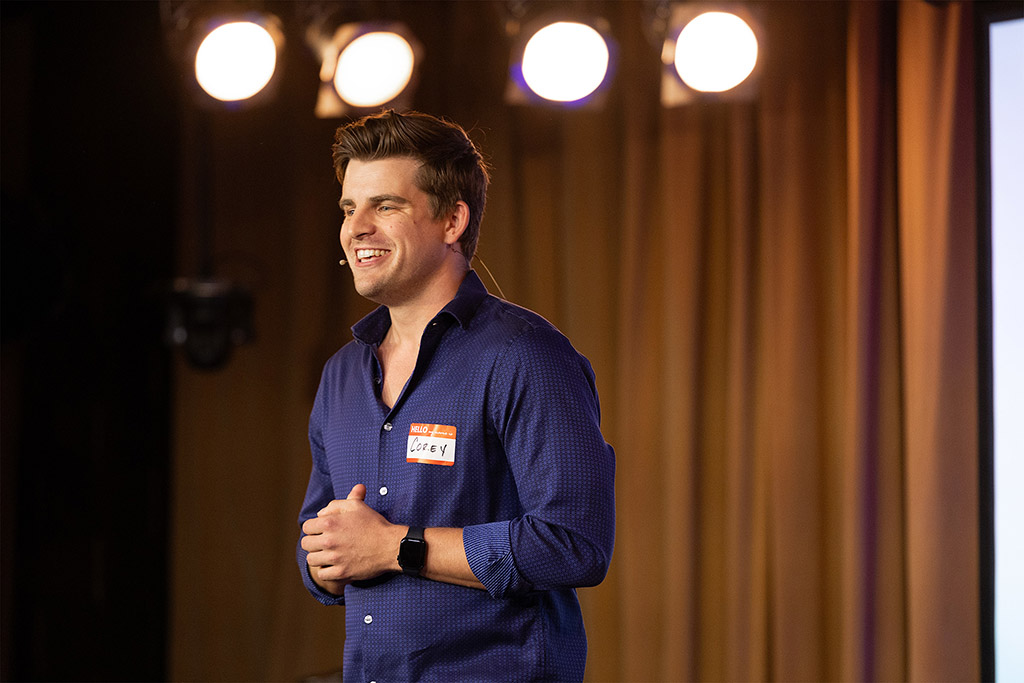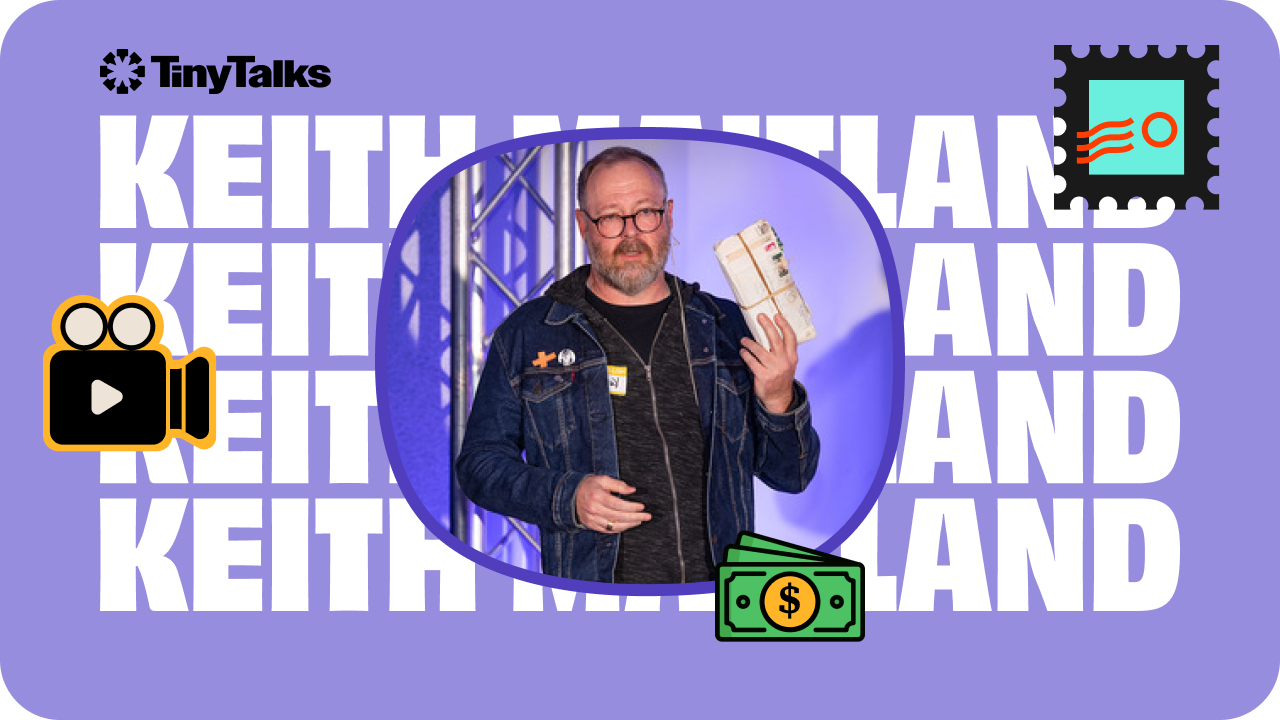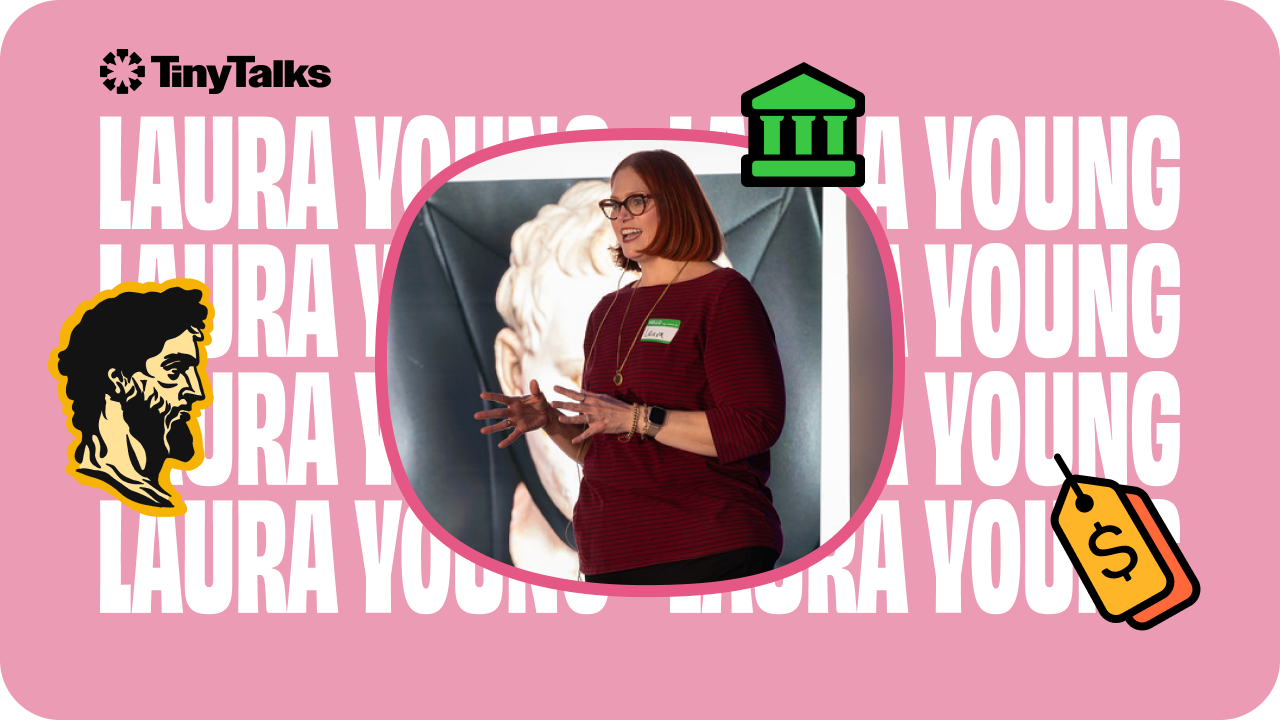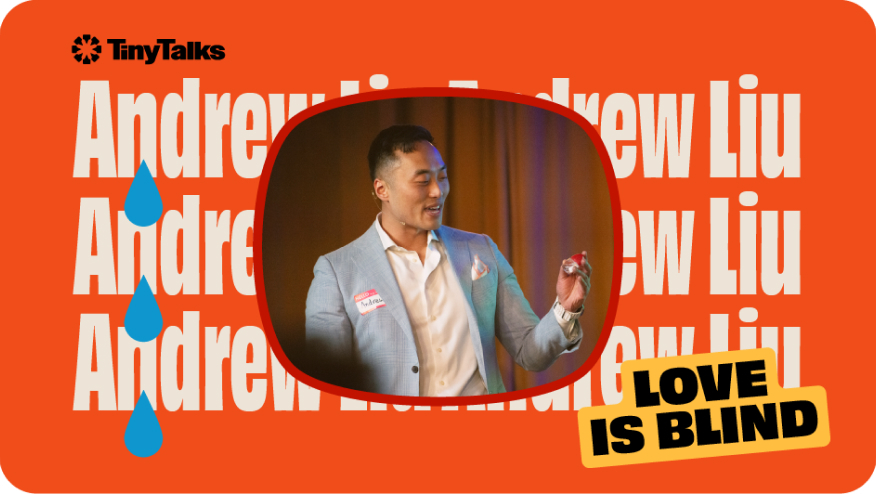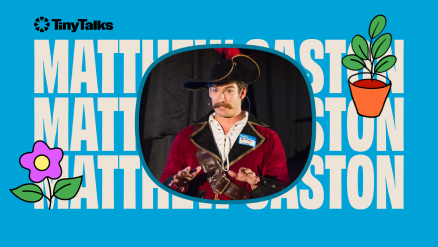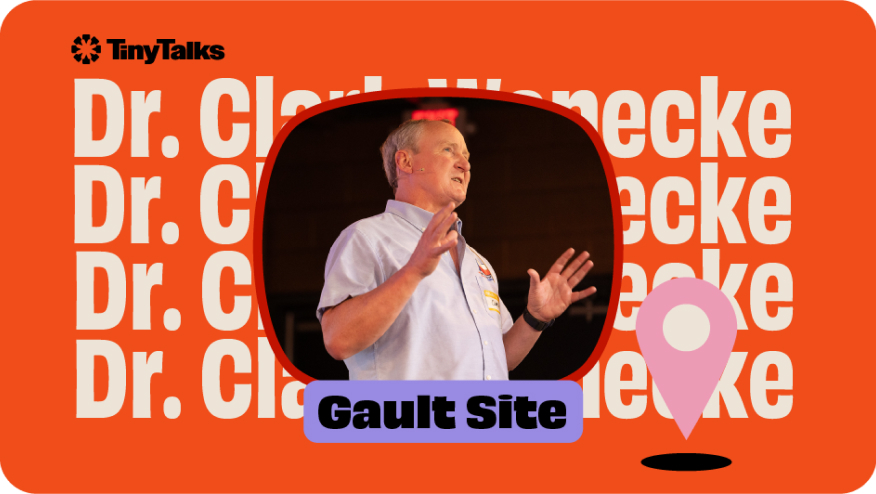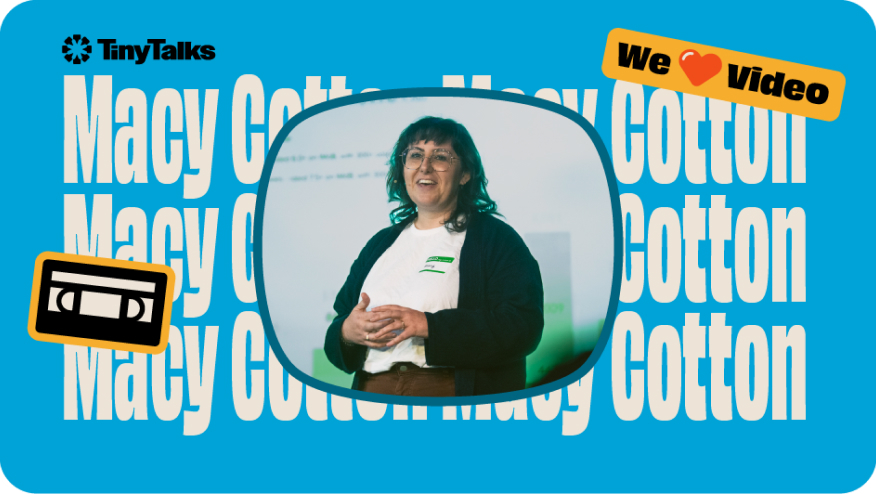White Fire: the True Story Behind the Incredible Film
Transcript
So when I was 16 years old, I remember coming home from school one day and I found my mom crying in the kitchen. I asked her what was wrong, and she pulled me into my bedroom and I remember her closing the door. And I was like, “What the hell did I do?” But it was much worse. She told me that my younger brother, Jake, might have cancer. So a week later after all these tests and procedures and surgeries, we find out Jake has a very rare bone cancer in his leg called Ewing sarcoma. And it’s so rare that only 250 kids get it every single year.
Now, if anybody’s dealt with childhood cancer or any illness within your family which is probably most of you guys, you know that that launched my family into a very difficult year. But Jake was really tough, he’s a tough kid. And my parents did a great job of guiding him and my whole family through that process. And nine months of grueling chemo and bone removal surgery later, Jake ended up cancer-free.
It’s good, it’s good. I got to be on time, so stop clapping. No, I’m kidding.
13 years later, this was 13 years ago, and I’m very happy to say that Jake is still cancer-free and thriving, and he even went on to run four years of track and cross-country in high school all while missing the bone in his leg.
Yeah, so I’ve been a filmmaker for my entire life since I was a kid. So the night we found out Jake was diagnosed with cancer, I didn’t really know what to do to be honest. So I picked up my dad’s camera and I started filming everything going on around me. And in hindsight I feel like this was my way of feeling like I could control the story and maybe manufacture the ending that I wanted. But regardless at the end of that year, I cut that footage together into a little documentary called Jake’s Journey, and I played it as some nonprofit events around my hometown. And through that process, I found that the story was really connecting with a lot of people, and especially other kids and families that had been through the same story as Jake.
So flash forward years later, I had just graduated film school. I was a little witty aspiring filmmaker, and I had this urge to revisit that story somehow. So without knowing where it was going, I sat down and I started writing a script. And through that process the idea for White Fire was born, the narrative retelling of Jake and my family’s journey through that year of chemo. And I felt like so many other kids and families had been a lifeline for Jake and my family during that year. And going through it ourselves, I realized that the number one thing a family needs during that is hope. And I felt like maybe this film could be a lifeline of hope for other kids and families going through the same thing.
But there was a very long journey between having the idea for White Fire and actually getting it made. Because I was finding that as an unknown, unproven filmmaker, that investors were smart enough to not give me any of their money. It took about five years from conception to completion to get the film made. But during those years, I met some other awesome filmmakers who partnered with me on the project, and to this day are some of my best friends and closest collaborators. And as we worked together to get the project off the ground, it became as much their film as it was mine.
Now, I’ve had a very deep disdain for crowdfunding campaigns before this project. Honestly, I hated the idea of running one, which is code for I was very scared of failing publicly, to be honest, but also no one was giving me their money. So I was about to give up honestly. And one night my dad sat me down and he gave me this great piece of advice that has honestly been a North Star for me ever since. And he said, “If you aren’t willing to give up this guarantee of success and take this leap of faith, no one else is going to be willing to follow you either.”
So my team and I, we decided hell or high water, we’re going to pick a start date for this project. We’re going to fund it ourselves with profits from our commercial work. And we were going to launch a crowdfunding campaign. And this beautiful thing happened when we launched the campaign. It was all the people and the families that had surrounded Jake and my family during his year of chemo, were the same people coming together now to be a lifeline of hope for this project, honestly, to help us create a lifeline of hope for other kids.
Quentin Tarantino has this quote that essentially… You guys have heard of him? Yeah. It’s a quote that says, “As a filmmaker if you are not a bit embarrassed by the moments you’re putting on screen, then it’s not personal enough.” And that’s what this film ended up being all about. It’s about all those personal private moments that happened behind closed doors after everybody stops looking and after the shock wears off. It’s about those private moments like a parent having to sit their kid down, their 12-year-old child and look him in the eye and tell him that he has cancer. Triumphant moments like that same kid running his first track meet as a cancer survivor, and really sweet, heartfelt moments like that kid’s siblings deciding to spend their Halloween with him in the hospital so he didn’t have to be alone, which absolutely did not happen. I completely made it up, but it made for good cinema and it made me look like a good guy. So that’s what we do.
To be honest though, it took a lot of courage for Jake and my family to let me put their story on screen like this and to put their most vulnerable moments on display for the world to see.
And the filmmaking process is very hard, and it’s even harder when you have no money. We had no money. So we’re just focusing on the next problem to solve. But there was never a moment during those 12 days of filming that I did not feel profoundly moved, watching this cast and crew that had come together from around the country recreate some of the most personal moments of my family’s life alongside the family that it was about. I don’t think I’m ever going to have another experience like White Fire for the rest of my life. I mean, there’s just no way. I mean, it was one of the most fulfilling things I’ve ever done. It was one of the most surreal things I’ve ever done, having so many people come together and surround this project and pour their own passion into it.
But it was also one of the hardest things I’ve ever done. And as with all very hard things, you learn a lot. And one of those great lessons from this project was that piece of advice my dad gave me of this need to let go of a guarantee of success and just take this leap of faith. And I found that over the last couple of years following this project, every time I’ve done that, I’ve gotten better at it. But every time I do, I found that that passion is a magnet for the right people. And when you do take that leap of faith, life has a way of bringing along the right people to catch you.
I also learned that there’s this weird paradox as a storyteller, to speak to the most amount of people, you have to speak to the fewest. And to be the most universal, you have to be the most personal. And ultimately this entire experience helped me realize that the kind of films I wanted to spend the rest of my life making are films that find hope in the face of despair, and meaning in the face of suffering and triumph in the face of great tragedy. Thank you.



